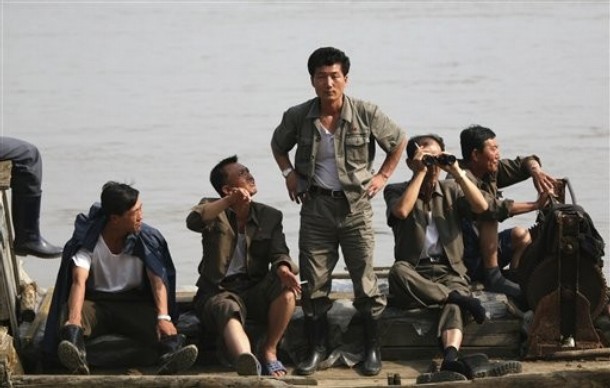
Evan Feigenbaum observes that while China's military leaders are feeling confident, its economic leaders are not so blustery:
For some in Chinaâ??s strategic class, the crisis reinforced breathtaking conclusions about Chinaâ??s â??riseâ? and American â??decline.â? It fed sweeping (and exaggerated) conclusions about shifts in the balance of power. But for Chinaâ??s economic managers, this crisis has been deeply unsettling: Domestic and household consumption are up; but they arenâ??t rising fast enough to replace global demand as a source of new economic growth. China is exiting its $586 billion stimulus. Planners worry about asset bubbles in the property market. And, despite efforts to â??rebalanceâ? the Chinese economy, China ended July with a $29 billion trade surplus.Chinaâ??s strategic class may preen, then. But those who focus on Chinaâ??s economy, society, and politics increasingly emphasize difficult challenges and tough questions: Where will sustained and robust growth come from if global demand remains slack? Can China manage the political implications of slower growth? Can China continue to protect its exporters in the face of growing international pressure on the value of its currency?
This is a useful reminder that while concerns about an emerging security competition in Asia are valid, it's not the only lens through which to view the rise of China. If concerns about growth and development continue to trump expanding regional ambitions, I suspect China will be far more hesitant to challenge the status quo.
(AP Photo)



